Image of 1979 Dodge Magnum, Note: These illustrations use artistic license and may differ from actual historical models.
Performance Metrics
Fundamental Metrics
Emotional Appeal
MMP Rating
| Engine Specifications | |
|---|---|
| Engine Options: | 318 cu in (5.2 L) V8, 360 cu in (5.9 L) V8 |
| Displacement Range: | 318-360 cu in |
| Horsepower Range: | 140-195 hp |
| Torque: | 245-280 lb-ft |
| Compression Ratio: | 8.5:1 |
| Ignition System: | Electronic Ignition |
| Cooling System: | Liquid-cooled |
| Performance Specifications | |
| 0-60 Time: | 9-11 seconds |
| 1/4 Mile Time: | 17-19 seconds |
| Top Speed: | 115-120 mph |
| Transmission and Drive | |
| Drive Type: | Rear-wheel drive |
| Transmission Type: | 3-speed automatic |
| Fuel and Efficiency | |
| Fuel System Type: | Carburetor |
| MPG: | 12-15 mpg |
| Dimensions and Brakes | |
| Brakes: | Front disc, rear drum |
| Wheelbase: | 114.9 in |
| Weight: | 3,700 lbs |
Note: Specifications for classic cars are given to the best of our ability, considering the limited and variant data available.
Unveiling the 1979 Dodge Magnum: A Forgotten Icon of Late '70s Muscle
The year 1979 marked the introduction of the Dodge Magnum, a car that would leave a lasting impression on the automotive world, albeit one that is often overshadowed by its more celebrated predecessors. Born from the ashes of the oil crisis and the waning days of the muscle car era, the Magnum was Chrysler's attempt to keep the spirit alive in a changing market. This two-door coupe, with its distinctive elongated front end and prominent grille, was a product of the Dodge division of Chrysler Corporation, designed to replace the Charger as Dodge's personal luxury car.
Amidst an era where fuel efficiency began to take precedence over raw power, the Magnum stood out for its refusal to completely abandon performance. It was a unique blend of luxury and muscle—a bridge between two automotive philosophies. One notable moment in its history was when it became NASCAR's vehicle of choice for drivers like Richard Petty in 1978 and 1979, showcasing its potential on the racetrack.
Design and Innovation: The Magnum's Bold Statement
The exterior styling of the 1979 Dodge Magnum was nothing short of audacious. Its long hood and short deck profile exuded a classic muscle car stance, while the "waterfall" grille and quad rectangular headlights gave it an unmistakable presence on the road. The T-top roof option added an extra flair that was highly sought after by enthusiasts seeking both style and open-air experience.
Inside, occupants were greeted with an array of plush seating options upholstered in either soft velour or supple leather, depending on trim levels. Woodgrain accents adorned the dashboard, conveying a sense of luxury that was expected in personal coupes of that time. Technologically, it boasted features like an optional electronic digital clock and even an early form of onboard diagnostics—the "Chrysler Lean Burn System"—which aimed to improve fuel efficiency without sacrificing too much power.
Color options ranged from classic hues like Bright Red to more subdued tones such as Starlight Blue Sunfire Metallic. Among these, colors like "Spinnaker White" and "Canyon Red" were popular choices that accentuated its bold lines. The most iconic body style was undoubtedly the two-door hardtop coupe, which captured the essence of American automotive design during that period.
Historical Significance: The Magnum's Legacy
The 1979 Dodge Magnum may not have revolutionized automotive technology or design, but it represented an important transition period in American car culture. It was one of the last attempts to keep traditional V8-powered rear-wheel-drive cars relevant in an industry that was rapidly moving towards smaller, more efficient vehicles. The Magnum's release coincided with a time when consumers began valuing luxury and comfort over outright speed and performance—a shift that would shape automotive trends for years to come.
Performance and Handling: A Nod to Muscle Car Heritage
Underneath its hood lay a choice between several V8 engines, with the top-of-the-line being a 360 cubic inch (5.9L) V8 engine capable of delivering respectable performance figures for its time. While not as powerful as its '60s ancestors due to emissions regulations, it still managed to offer a top speed around 120 mph and could accelerate from 0-60 mph in under 10 seconds—a commendable feat for a late '70s luxury coupe.
The handling characteristics of the Magnum were typical for a large coupe; it was more at home cruising highways than tackling tight corners. However, it provided a comfortable ride quality that absorbed road imperfections with ease. Driving this car was about enjoying the journey rather than racing to the destination—the rumble of its V8 engine serving as a nostalgic backdrop to every trip.
Ownership Experience: Living with a Legend
The Magnum found its niche among those who desired a touch of class without sacrificing their love for American muscle. It served well as both a daily driver and a weekend showpiece. Maintenance and reliability were on par with other domestic cars of that era; straightforward mechanicals meant repairs could often be tackled by owners themselves or local mechanics without much hassle.
Fun Facts: The Magnum's Unique Place in History
A lesser-known fact about this model is that it was one of the first cars equipped with clearcoat paint—an innovation that provided better gloss retention and durability. Although not known for setting any significant speed or sales records, it did make appearances in television series such as "Charlie's Angels" and "The Dukes of Hazzard," cementing its place in pop culture.
Collector's Information: Assessing Value and Rarity
Today, finding a 1979 Dodge Magnum can be quite rare; production numbers were relatively low compared to other models at around 25,000 units built. As for value range, well-preserved examples can fetch anywhere from $10,000 to $20,000 depending on condition, originality, and options—though prices can vary widely based on market interest at any given time.
Conclusion: Celebrating an Overlooked Classic
The 1979 Dodge Magnum is more than just another old car; it's a piece of automotive history that encapsulates a specific moment in time—a swan song for traditional American muscle before efficiency took center stage. For those lucky enough to own one today or those who appreciate classic cars from afar, it remains an enduring symbol of style and substance from an era when cars were as much about personality as they were about transportation.
1979 Dodge Magnum Catalog of Parts
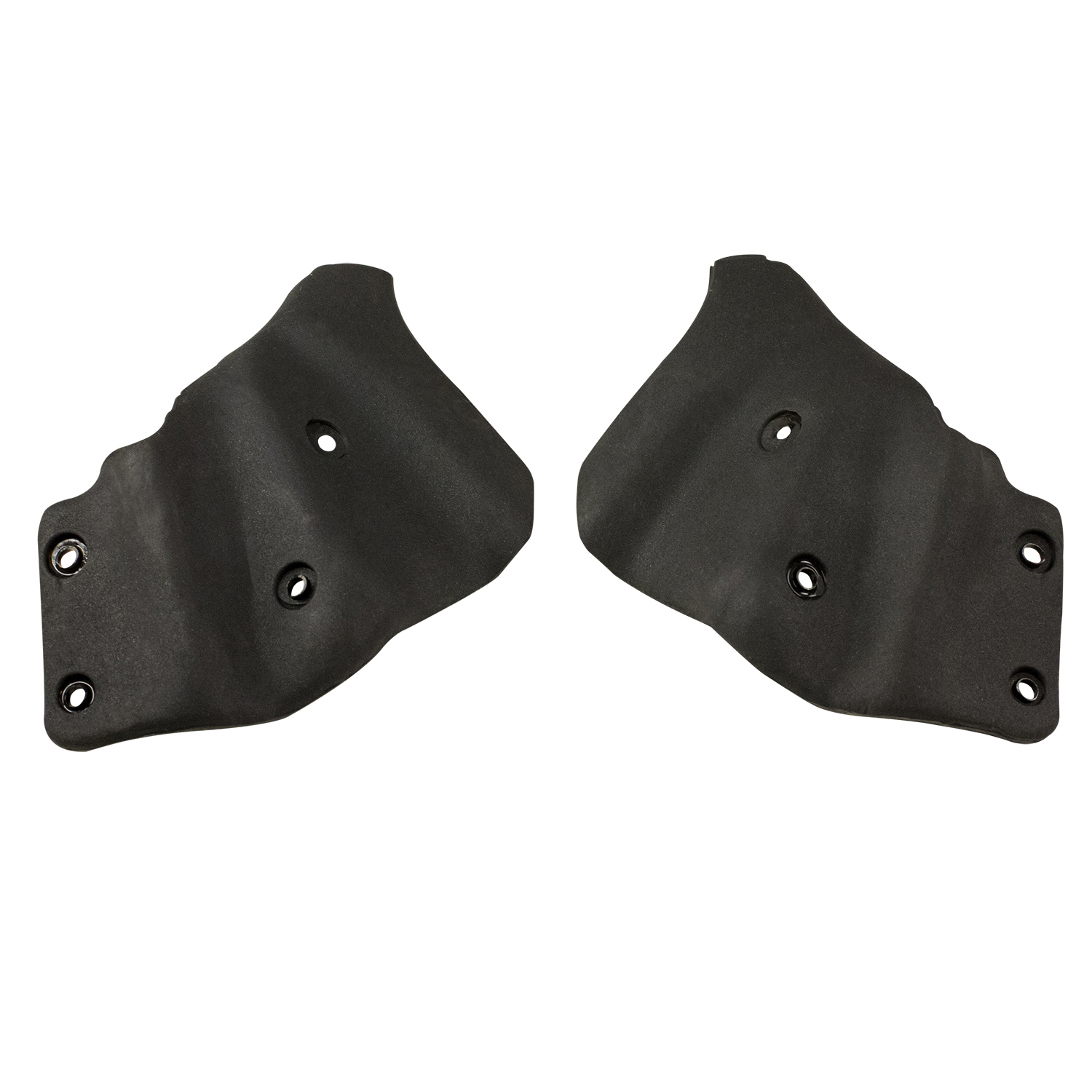 1979 Dodge Magnum Door end-cap pillar seals-ALP 7017Door end-cap pillar seals. Fits '75-'79 Mopar B-body 2-door hardtop and coupe. Made of soft, yet durable, closed-cell EPDM sponge rubber with galvanized steel cores. Replaces OEM#'s 3795178/9. Pair. R&L.
1979 Dodge Magnum Door end-cap pillar seals-ALP 7017Door end-cap pillar seals. Fits '75-'79 Mopar B-body 2-door hardtop and coupe. Made of soft, yet durable, closed-cell EPDM sponge rubber with galvanized steel cores. Replaces OEM#'s 3795178/9. Pair. R&L.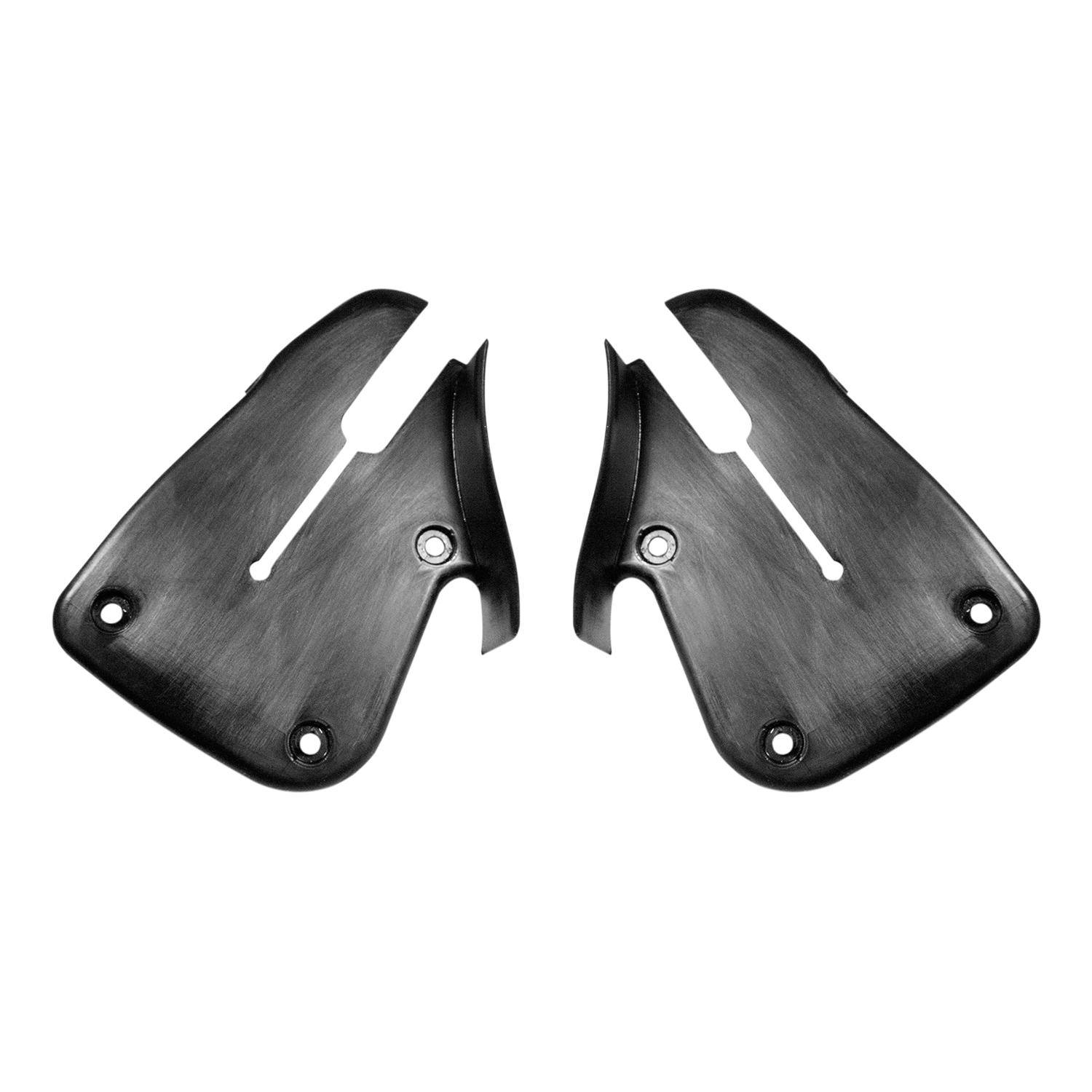 1979 Dodge Magnum Quarter lock-pillar seals. Also called U-jamb seals-ALP 7019Quarter lock-pillar seals. Also called U-jamb seals. Fits '75-'79 Mopar B-body 2-door hardtop and coupe (only).
1979 Dodge Magnum Quarter lock-pillar seals. Also called U-jamb seals-ALP 7019Quarter lock-pillar seals. Also called U-jamb seals. Fits '75-'79 Mopar B-body 2-door hardtop and coupe (only). 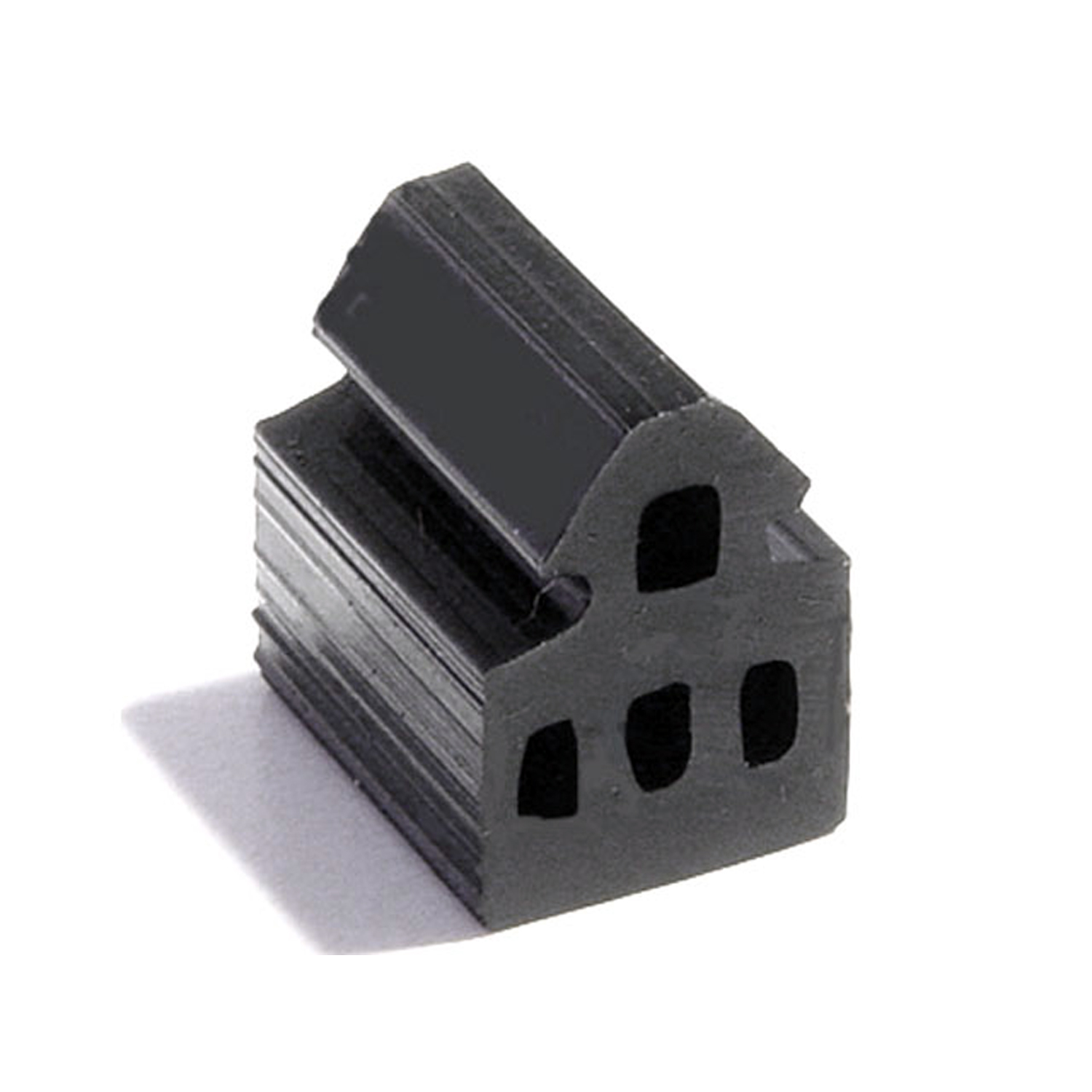 1979 Dodge Magnum Door Bumper. 5/8" wide, made from extrusion. Each-DB 52Door Bumper. 5/8" wide, made from extrusion. Each
1979 Dodge Magnum Door Bumper. 5/8" wide, made from extrusion. Each-DB 52Door Bumper. 5/8" wide, made from extrusion. Each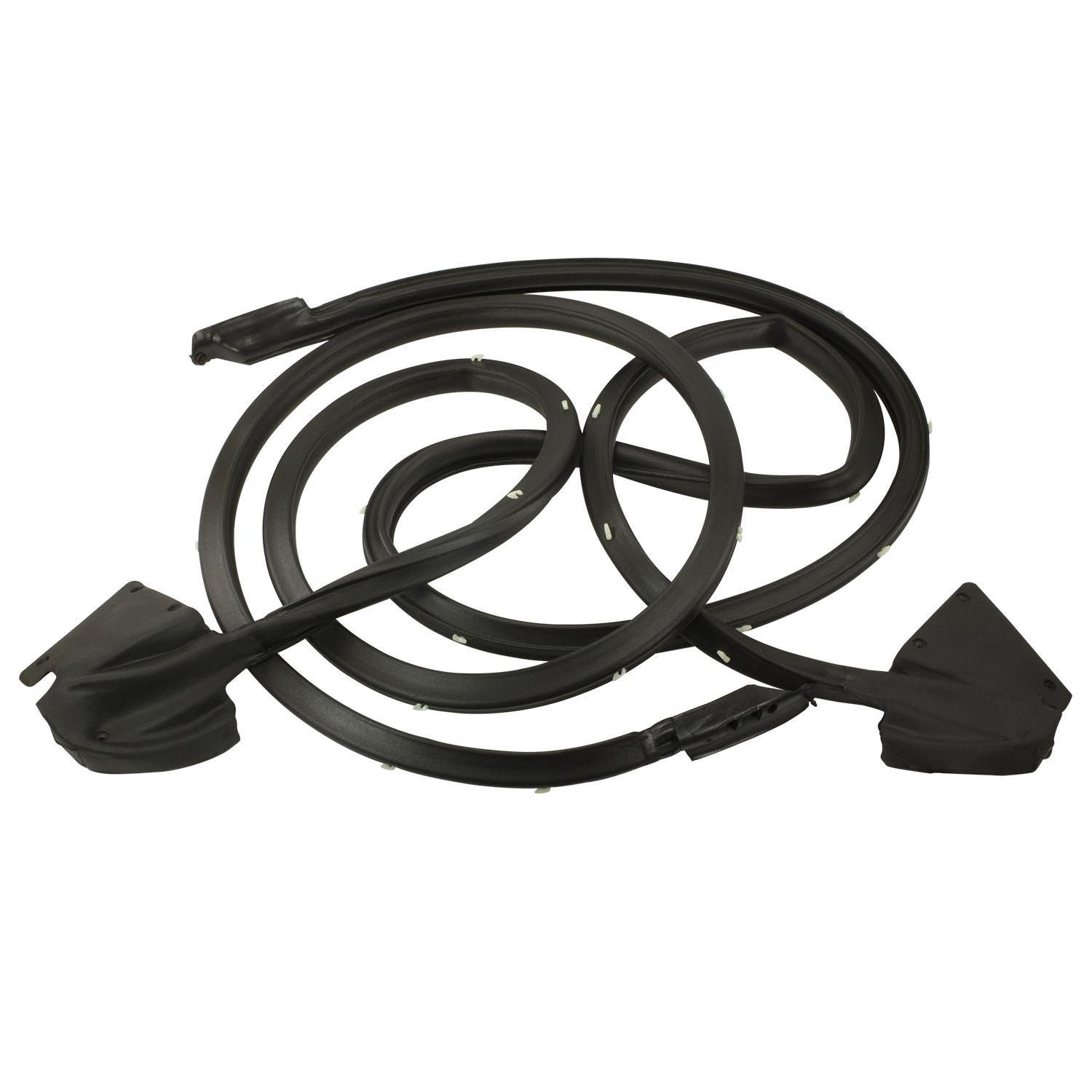 1979 Dodge Magnum Door seals-LM 23-RDoor seals. Fits '75-'79 Mopar B-body 2-door hardtop and coupe. Made of soft yet durable closed-cell EPDM sponge rubber specially formulated to protect against the elements.
1979 Dodge Magnum Door seals-LM 23-RDoor seals. Fits '75-'79 Mopar B-body 2-door hardtop and coupe. Made of soft yet durable closed-cell EPDM sponge rubber specially formulated to protect against the elements. 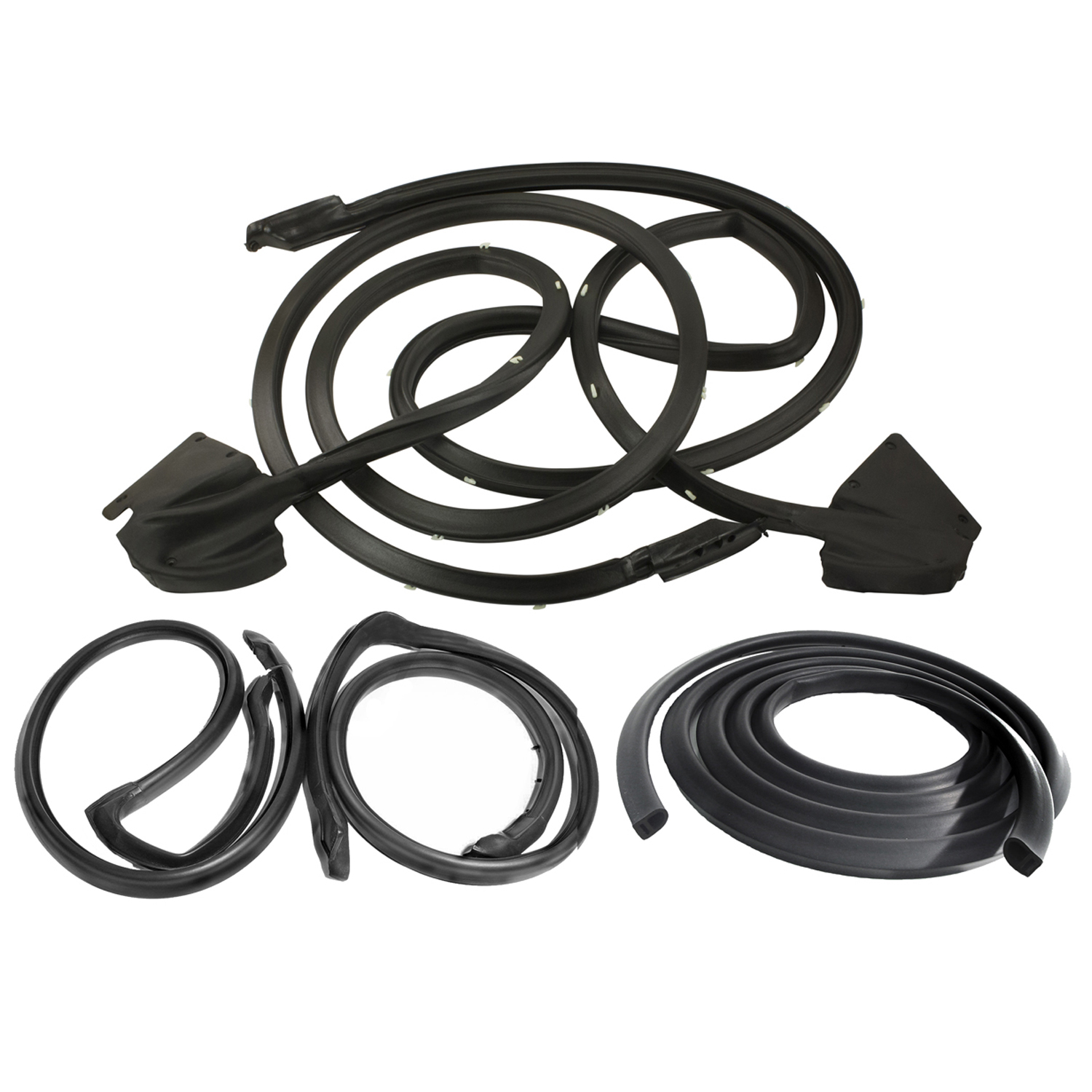 1979 Dodge Magnum Basic kit-RKB 4005-117Basic kit. '75-'79 Mopar B-body 2-door hardtop and coupe with descending B-pillar post and Opera windows. 7-piece kit includes left and right side door seals, roof-rail seals, door end-cap filler seals, and trunk seal. Set.
1979 Dodge Magnum Basic kit-RKB 4005-117Basic kit. '75-'79 Mopar B-body 2-door hardtop and coupe with descending B-pillar post and Opera windows. 7-piece kit includes left and right side door seals, roof-rail seals, door end-cap filler seals, and trunk seal. Set.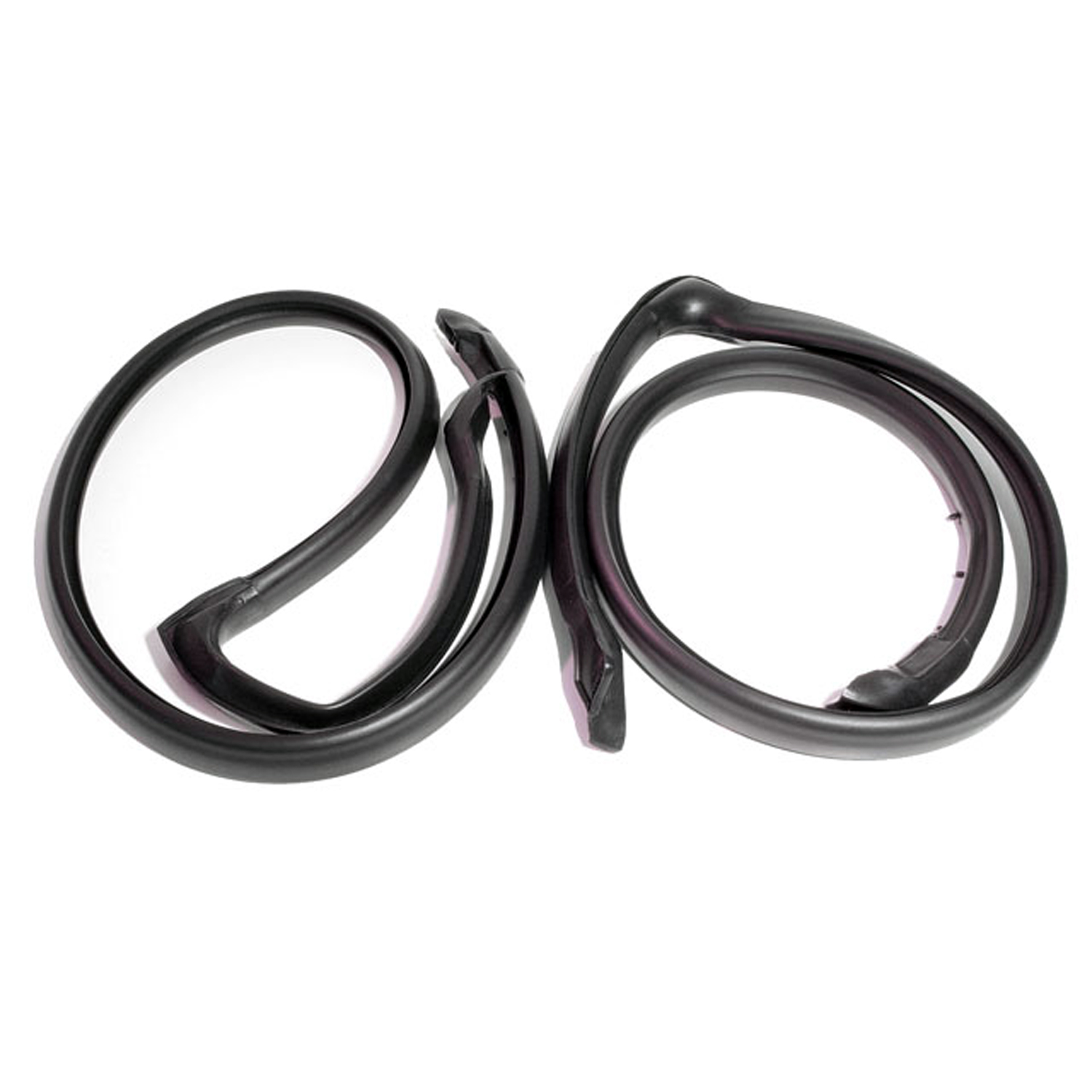 1979 Dodge Magnum Molded Roof Rail Seals for 2-Door Hardtop (Post models only)-RR 4010Molded Roof Rail Seals for 2-Door Hardtop (Post models only). Pair R&L
1979 Dodge Magnum Molded Roof Rail Seals for 2-Door Hardtop (Post models only)-RR 4010Molded Roof Rail Seals for 2-Door Hardtop (Post models only). Pair R&L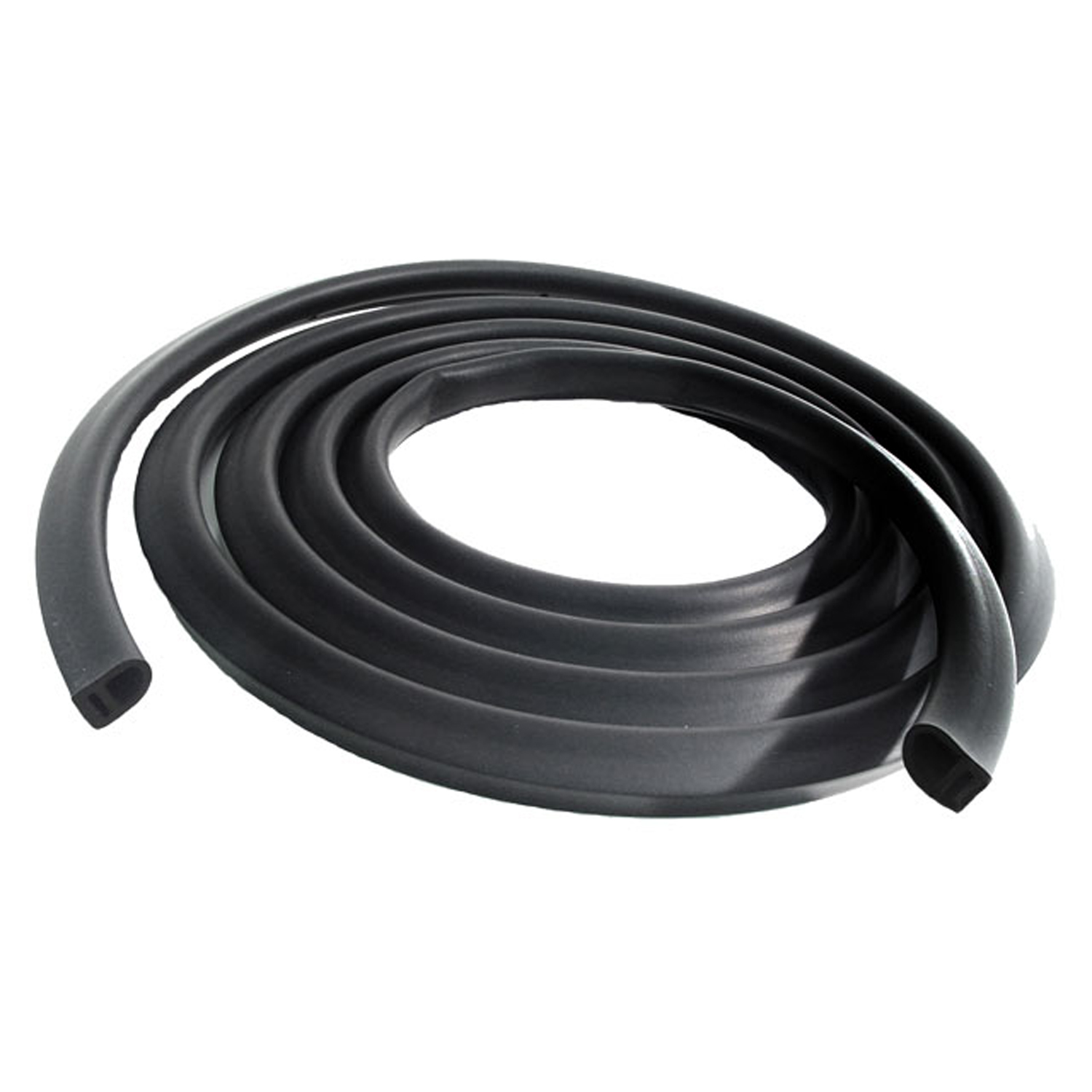 1979 Dodge Magnum Trunk seal-TK 2331Trunk seal. Fits '75-'79 Mopar B-body 2-door hardtop and coupe. 155 in. long. Replaces OEM# 3792227. Each.
1979 Dodge Magnum Trunk seal-TK 2331Trunk seal. Fits '75-'79 Mopar B-body 2-door hardtop and coupe. 155 in. long. Replaces OEM# 3792227. Each.Why Choose Metro?
For over 100 years, Metro Moulded Parts has been the pinnacle of quality in classic car restoration parts. Our commitment to precision and authenticity in every component ensures a perfect fit and an OEM-level appearance.
- Expert Craftsmanship & Quality: Each part is a testament to our dedication to reliability and perfection, crafted from original designs and thoroughly tested.
- Advanced Technology: We use cutting-edge techniques to create flawless, long-lasting parts that surpass others in performance.
- SuperSoft Sponge – The Ultimate Door Seal: Not only are our door seals 30% softer than competitors', but they're also guaranteed to never leak. They effectively reduce wind and road noise, enhancing your classic car's comfort and driving experience.
- Proudly American: Our parts are a product of American craftsmanship, made in the USA with a spirit of excellence and heritage.
- Unrivaled Warranty: We back our products with a 30-year industry-leading warranty, a testament to our confidence in their quality.
Join us in preserving the legacy of classic cars with parts that are crafted for perfection, not just made.

